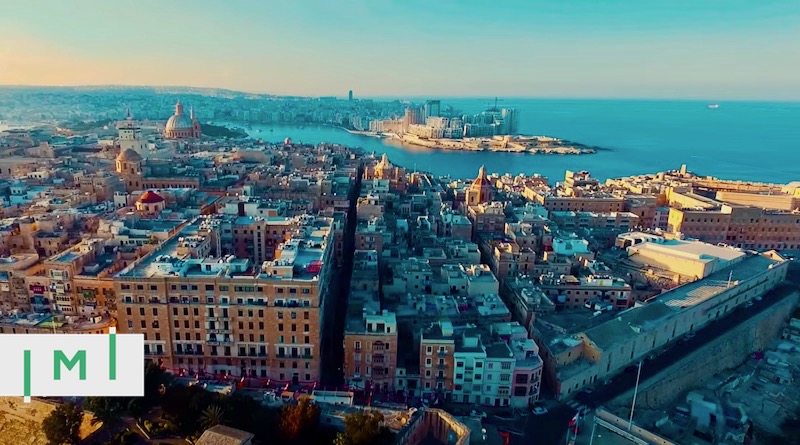As Malta Plans to Renew the IIP in 2020, Which Changes Should We Expect?
In a recent press release, the Maltese government confirmed that, once the quota of 1,800 applications is reached, it will launch a revised version of the program.
According to the last report from the Office of the Regulator of the Individual Investor Programme (ORiip), issued in November 2019 and covering the year to June the same year, 1,742 applications were received of which 1198 were approved. While numbers in May 2020 may be difficult to predict, according to recent statements from Alex Muscat, the Parliamentary Secretary for Citizenship and Communities, over 70% of that quota has already been reached.
See also: Re-Launch of Malta IIP, With Amendments, Likely This Year, Says Govt.
At this rate, therefore, the MIIP may very well reach its quota already this year – “within months”, according to Muscat. If a few months ago there were questions about the continuity of the program, those have now been laid firmly to rest; it is clear that the MIIP will go on and, no, there will be no gap between the iterations.
As mentioned in the press release, while matters of citizenship are – and will remain – the exclusive competence of each EU member state, the Maltese government is always open to further improve the program to keep at the forefront of the investment migration industry. The Maltese prime minister, Robert Abela, has indicated that further reforms will be considered and the Maltese government has engaged in discussion with European institutions and stakeholders.
See also: Malta IIP Not Going Anywhere, New PM Affirms – Opposition to Sit Out Regulator-Appointment
The MIIP has had an overwhelmingly positive impact on the Maltese economy, raising over EUR800M since 2014, and has been used to finance a variety of projects and, more recently, as a temporary measure, to fight the COVID19 effects on the Maltese economy.
Malta IIP, Quo Vadis?
Knowing that there will be continuity and that a revised program is planned for when the cap is reached, what specific changes can we expect?
While we cannot accurately predict which amendments are afoot because there is no confirmation yet as to specifics, we can make conduct some qualified guesswork about a Malta IIP 2.0.
The source of funds, source of wealth, and identity of each applicant are checked by police and intelligence agencies as part of the four-tier due diligence process, considered the gold standard of the industry. But even benchmark vetting procedures have room for improvement. One possibility may be to extend further due diligence obligations to the accredited agents, a step that may save time and further reduce the chances of “bad apples”.
Another area of potential change is the qualifying investment, probably in terms of investment amounts but also structure. In their amendment planning, authorities may consider changes like:
- an increase in the minimum real estate investment amount, which has remained unchanged since inception even as the overall market has appreciated substantially;
- an increase in the government contribution amount – most likely not for the main applicant but with respect to family members and additional dependents;
- the altogether scrapping of the requirement to invest EUR 150,000 in stocks, bonds (which provide Malta with mere liquidity, rather than capital investment), or special purpose vehicles. This would cancel out any increase in the real estate and contribution requirements.
With an eye to the qualifying criteria of Cyprus and Montenegro, however, we can’t rule out the possibility of a reduced government contribution amount in favor of increased real estate investment thresholds, perhaps to a much higher level.
Whatever the changes turn out to be, we have every reason to expect they will be carefully thought-out and implemented. The last thing Malta wants is to lose its position at the vanguard of investment migration.
Want to know more about the Malta IIP? To see recent articles, statistics, official links, FAQs, and more, visit its Program Page. To see which firms can assist with applications to the program, visit the Residence & Citizenship by Investment Company Directory.
Christian Henrik Nesheim is the founder and editor of Investment Migration Insider, the #1 magazine – online or offline – for residency and citizenship by investment. He is an internationally recognized expert, speaker, documentary producer, and writer on the subject of investment migration, whose work is cited in the Economist, Bloomberg, Fortune, Forbes, Newsweek, and Business Insider. Norwegian by birth, Christian has spent the last 16 years in the United States, China, Spain, and Portugal.



